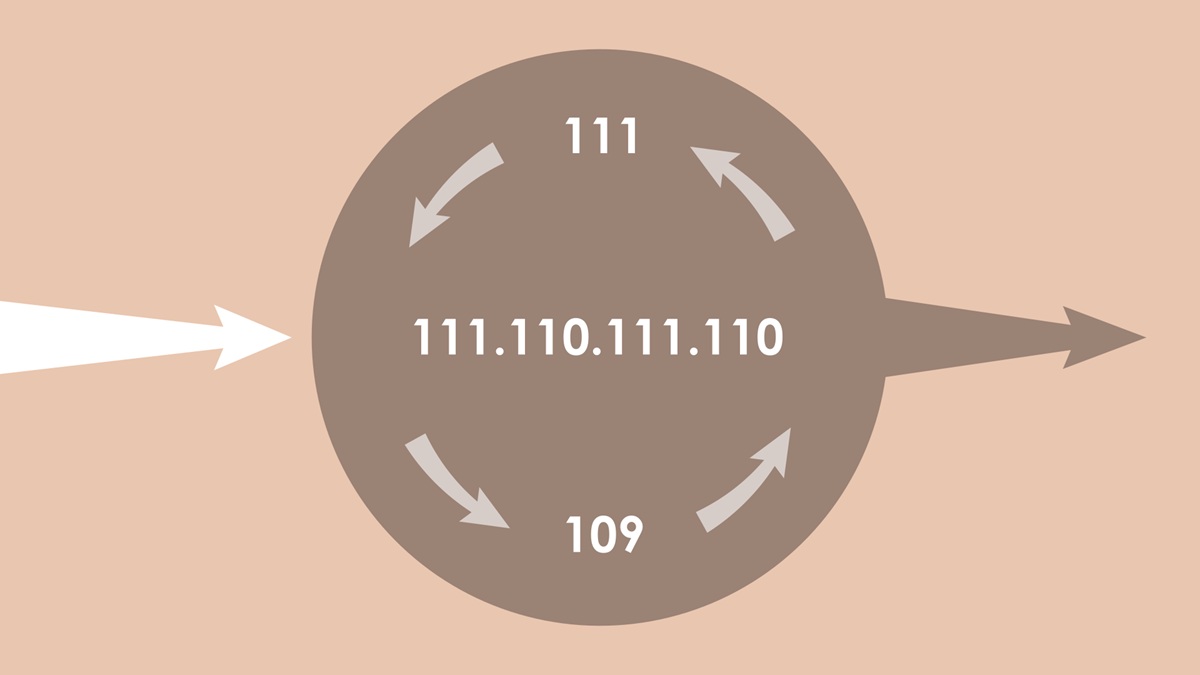In today’s digital era, where privacy and security are paramount concerns, the concept of a rotating IP address has gained significant importance. As internet users, we often encounter terms like IP address, but not everyone is well-versed in the intricacies of this technical jargon.
In this article, we delve into the world of rotating IP addresses to demystify their meaning and explore their applications based on real-life scenarios. So, let’s get started!
Understanding IP addresses.
Before we dive into the specifics of rotating IP addresses, it’s crucial to grasp the fundamentals of IP addresses. IP stands for Internet Protocol, which is a unique numerical address (192.168.0.1) assigned to every device connected to a computer network. It serves as an identifier, allowing computers to communicate with each other over the internet.
What is a rotating IP address?
A rotating IP address is one that changes periodically. Unlike a static IP address, which remains constant, a rotating IP address dynamically shifts over time.

This dynamic nature provides several advantages, especially in scenarios where anonymity, bypassing restrictions, or data scraping are required.
The benefits of using rotating IP addresses.
Enhanced anonymity.
Rotating IP addresses offers enhanced anonymity by making it difficult for websites, services, or other online entities to track a user’s browsing habits. By frequently changing the IP address, one can effectively mask their online identity, guarding against potential surveillance or tracking attempts.
Bypassing restrictions.
In some instances, certain websites or online services may impose restrictions based on an IP address’s geographic location. By employing rotating IP addresses, users can overcome these restrictions effectively. For example, they can access region-restricted content or bypass IP-based blocks.
Data scraping and automation.
Rotating IP addresses is invaluable for professionals involved in web scraping and automation tasks. As websites often implement measures to prevent scraping, rotating IP addresses allows users to scrape data without being easily detected or blocked. It enables the collection of extensive data without encountering significant hurdles of network firewalls.
Load balancing and performance.
In certain scenarios, rotating IP addresses are utilized to distribute loads evenly across multiple servers, balancing network traffic and optimizing performance. This technique is particularly useful for websites that experience high traffic or rely on distributed computing.
How do rotating IP Addresses Work?
Rotating IP addresses can be achieved in several ways, including the use of proxy servers, virtual private networks (VPNs), or by leveraging the services of internet service providers (ISPs) that offer dynamic IP allocation. Let’s briefly explore these methods:
Proxy servers.
Proxy servers act as intermediaries between users and the internet. They receive user requests, forward them on their behalf, and return the response. Rotating IP addresses can be achieved by utilizing a pool of proxy servers that automatically rotate the IP address with each request made.
Virtual Private Networks (VPNs).
VPNs create a secure and encrypted connection over the internet, providing users with an alternate IP address. By connecting to different VPN servers located worldwide, users can obtain rotating IP addresses effortlessly.
Dynamic IP allocation by ISPs.
Some ISPs allocate dynamic IP addresses to their users, meaning the IP address assigned changes periodically or with each internet session. This gives the user a rotating IP address without the need for additional tools or services.
Conclusion.
Rotating IP addresses offers increased privacy, bypassing restrictions, and improved data scraping capabilities, making them an invaluable tool for various online activities. Whether you’re concerned about your online privacy or require efficient load balancing, understanding and leveraging rotating IP addresses can greatly enhance your internet experience.
So, the next time someone asks you the question, “What is a rotating IP address?”, you can confidently explain its significance and how it empowers users in the digital realm. Safeguard your online presence and explore the world of rotating IP addresses today!
Leave a Reply